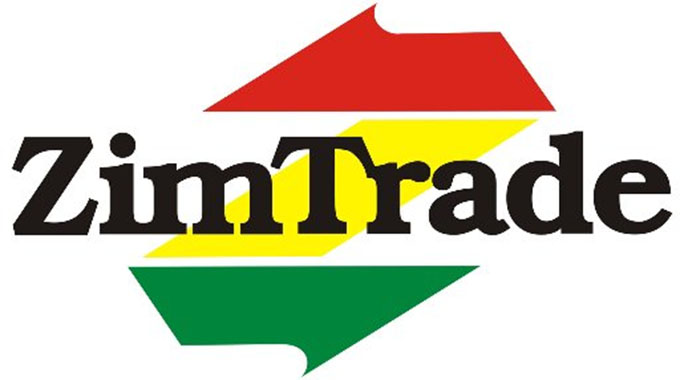No district left behind: ZimTrade clusters boost rural exports
IDENTIFICATION of clusters and integration of previously marginalised communities into the mainstream export business by ZimTrade will greatly enhance Zimbabwe’s foreign currency earnings.
The country is currently implementing the Export Promotion Strategy, which seeks to achieve export earnings of around US$14 billion by 2030.
Export of produce has traditionally been the domain of commercial farming and manufacturing entities, but of late, it has been recognised that even consolidated smaller entities can successfully venture into the export business through support from the national trade development and promotion organization — ZimTrade.
Clusters enable smallholder farmers to meet the required export volumes, help in standardising operations and eliminate middlemen who normally shortchange the small-scale growers by buying produce at meagre and economically unviable prices.
Efforts have, therefore, been made to enrich the farmers with market intelligence and integrating them into the mainstream export business, making it easy for ZimTrade to undertake its mandate of facilitating export growth.
Steps are being taken to assist these clusters with certification, so that they earn more when they supply lucrative niche markets.
Cluster establishment, rural industrialisation, recognition of women-led enterprises are meant to enhance the contribution of each district and province to national exports.
This is in line with the devolution agenda being spearheaded by the Second Republic, where the target is to improve the contribution of each district and province to national exports.
ZimTrade is, therefore, advancing the devolution agenda by ensuring that rural communities in different self-help projects are supported by capacitating them to produce export-oriented products using local endowments.
The commitment to this agenda is in sync with President Mnangagwa’s vision of leaving no one and no place behind as the country strives to attain upper middle-income society status by 2030.
A recent visit to Mudzi, Nyanga, Honde Valley and Chimanimani showed that ZimTrade is giving a helping hand to myriad enterprises under the countrywide cluster establishment initiative.
Cluster programmes have already begun to create employment and improve livelihoods.
The Sunday Mail Business toured Nyahuku village in Mudzi, where ZimTrade has created a baobab fruit beneficiation consortium. This natural endowment is being processed into powder, with oil extracted from the seeds.
Local and international markets have already been identified for this baobab value-addition initiative.
In Machongwe village, Chimanimani, farmers are being integrated into a cluster for avocado production.
As it stands, the pioneer cluster has around 600 farmers who are being trained for organic certification. The cluster is expected to have more than 1 500 organically certified farmers in the long run.
ZimTrade is working with the farmers to ensure there is a ready market for organic avocados once consolidation of the fruit starts.
The agency is also enhancing ties with Honde Valley Tea Growers.
Honde Valley Tea Growers, which operates on 600 hectares, is a cluster of 1 200 farmers with a capacity to produce six million kilogrammes of tea per year.
In a bid to add value to its produce and earn more, the cluster has since established a mini factory and now produces orthodox tea, which has a lucrative niche market across the world, particularly India and China.
If handheld properly, the growers have the potential to export tea to regional and international markets, thereby enhance their standard of living in the process.
Honde Valley Tea Growers chairman Eliah Matsikira said he was pinning hopes on the collaboration with the national trade development and promotion body.
“We know this partnership will make us find better-paying markets compared to what we are getting currently. We will be grateful for any lucrative market — local or international.
“We are happy because ZimTrade is now giving us technical support so that our orthodox tea complies with the rules of the markets we intend to supply,” said Mr Matsikira.
However, the tea project requires a bit of financial injection so that the consortium acquires the necessary machinery to scale up production of orthodox tea.
ZimTrade is making all these efforts as it strives to hit the US$14 billion export mark by 2030.
Tea cultivation is mostly done in high-altitude areas with fertile soils and a cool climate.
Kenya is the largest tea exporter in the world. In the East African country, tea farming supports millions of small-scale growers and provides employment opportunities to many in rural areas, and this can be replicated locally.
ZimTrade’s bid to increase exports is also evidenced by its zeal to grow output from these different clusters.
“We have developed over 25 exporter clusters across the country, targeting rural communities and small businesses. Through these clusters, we are integrating previously marginalised communities into the mainstream export business.
“Through these clusters, we are driving inclusive growth, where no district is being left behind as they play their part in increasing exports to reach US$14 billion by 2030,” said ZimTrade chief executive officer Mr Allan Majuru in an interview.-ebusinessweekly









